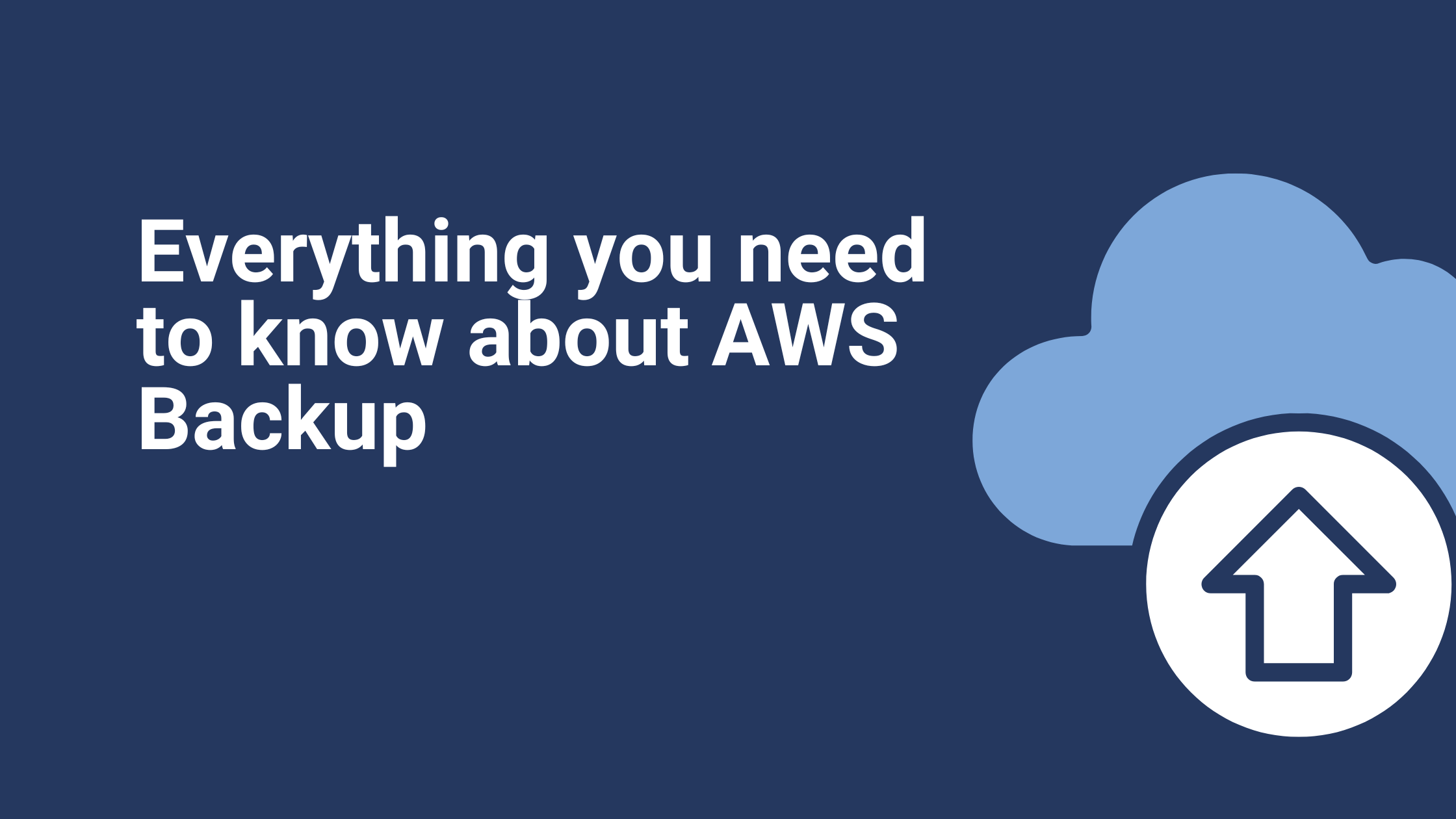10 Reasons Keeping Organizations from Migrating to the Cloud and How Ibexlabs Addresses Them
Cloud technology is one of the most exciting technological developments in the last few years. With applications in nearly every industry, ranging from eCommerce to Healthcare to Entertainment, many businesses and organizations are quickly adopting cloud computing and hosting tech. With options ranging from Amazon Web Services (AWS) to Microsoft Azure and others, there definitely is no lack of options for those looking to make the move.
Yet there are many organizations that still feel reluctant to adopt these services, and for understandable reasons. We won’t see the broad adoption of cloud technology solutions until these concerns are addressed.
In the following, we’ll go over some of the big reasons keeping businesses and organizations from migrating to the cloud, and how Ibexlabs leverages these technologies to address those concerns.
#1 – Cost
The Problem:
The bottom line will always be the main priority for any business. Especially in competitive markets, the time to implement new technologies, along with the associated costs, can seem like too big of a risk. Businesses with on-premise servers, for instance, have already factored in the cost of their infrastructure, along with the IT personnel to manage it.
The Solution:
Every cloud computing service that Ibexlabs implements works on a pay-as-you-go model. This means that our clients only pay for the resources that they use when they use them. This is especially important for businesses that experience an ebb and flow of user activity. With these cloud services, our clients pay less when less cloud resources are used.
We are also a managed service provider for clients around the world. This allows our clients to eliminate the cost of in-house IT management, all while getting the best service possible.
#2 – Security
The Problem:
Every business handles data that needs to remain secure, whether that be an eCommerce company handling credit card and shipping information or a healthcare service provider that processes sensitive patient data. Many businesses find security in having an in-house server that can handle this data, and are wary about trusting a cloud-based service to keep up their high security standards. A single data breach can spell ruin to an organization of any size, and the potential risks may outweigh the benefits of adopting cloud hosting technologies.
The Solution:
Security serves as the cornerstone of all the work we do for our clients. While it’s important that data flows efficiently through a hosting infrastructure, it’s also important that that data remains secure in-transit and at-rest. We leverage a number of security services, including firewalls, VPNs and data segregation policies to make sure our clients’ data remains safe from compromise. With several layers of role management, however, authorized users can easily access the data that they have permission to access.
Yet security threats facing our clients grow more sophisticated every day, which is why we make sure to implement automated security updates, constantly optimized to the latest security standards. This includes automated compliance updates as well, meaning that our clients always remain in regulatory compliance with standards like HIPAA and PCI.
#3 – Stability
The Problem:
It’s a fact of life: things sometimes go wrong. Server failure and catastrophic events can lead to data loss or security compromise, and this can spell doom for any business. On-premise servers and in-house IT management can provide the kind of assurance that is difficult to replicate in cloud-based hosting environments. Before businesses make the switch to cloud technology, they need to be assured of the fidelity of their infrastructure, and that end-users do not experience disruptions in the event of catastrophic failure.
The Solution:
With servers spread across the world, cloud hosting platforms like AWS and Azure provide the long-term stability that businesses need. By balancing resources across multiple geographic zones, even a catastrophic event in one location won’t cause significant service disruptions. This is because cloud-based infrastructure is incredibly flexible, and resources can automatically move to a new zone in the event of server failure. Compared to a traditional in-house server, this drastically reduces the risk of service failure or data loss.
#4 – Time
The Problem:
Many businesses and organizations have a set way of doing things, including DevOps processes that assure new updates and services are implemented efficiently. Especially in the contemporary digital space, responding quickly to new challenges and opportunities can spell the difference between getting ahead of the competition and losing out. These established processes are familiar business operations, and adopting a new system can make business owners nervous. Even if established procedures are largely inefficient, they can be preferable to new ones. Business can’t stop as new infrastructure is implemented and IT managers are retrained. This can make business owners reticent to make the switch.
The Solution:
We tackle these concerns in a number of ways. First of all, while we do use pre-fabricated application stacks to get our clients’ infrastructure up and running quickly, we also make sure to tailor our solutions around their particular business processes. Within four to six weeks, we implement the necessary infrastructure for our clients, without ever disrupting business. By implementing a number of DevOps solutions, including containerization and CI/CD pipelines, we not only make it easy for developers to begin rolling out new code, but in fact help our clients become more efficient and responsive.
With these solutions, we’re able to address every concern our clients have and make their transition to the cloud as smooth and efficient as possible. In the end, they are left with more secure, more efficient and more cost-effective solutions to their data hosting needs.
Interested in learning more about the migration process? Sign up for our AWS Migration Webinar on June 15th! It’s free and a great introduction to the AWS Migration process.









